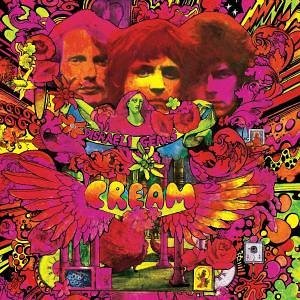Peter’s fantastic Chet Baker and Charlie Haden post of earlier today got the gears in my brain going.
That is because Charlie’s daughter, Petra, did one of the most amazing musical feats ever accomplished: Petra redid The Who’s fabulous, and my very favorite album of theirs, The Who Sell Out. The catch is that Haden did the entire album with voice only: that is, the singing, harmonies, guitars, effects, bass, drums, everything was sung by Petra.
To make the whole thing complete, she even copied the crazy cover of the album, substituting her own beak as necessary for the members of The Who. To me, this is as loving and beautiful an homage to any band or album as anyone could ever do.
Below is Haden’s cover of Armenia City in the Sky, the opening track of the phenomenal 1967 album:
And, as a means of comparison, here is the original by my all time favorite band:

